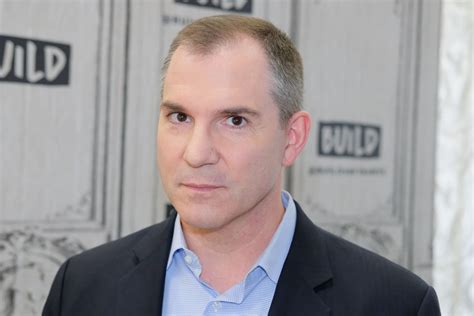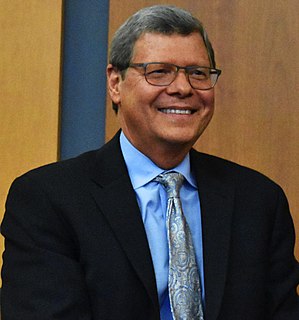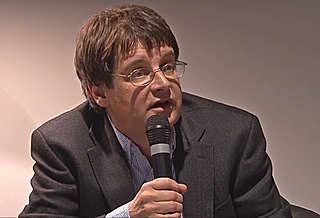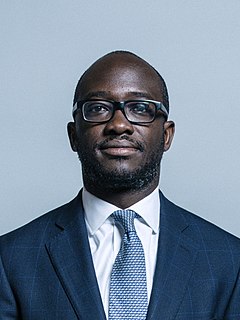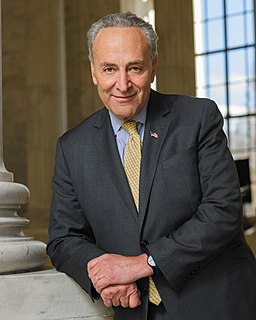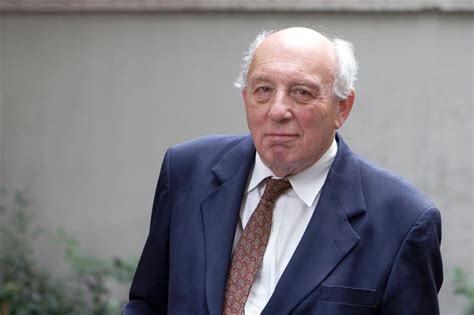A Quote by Ross Douthat
When it comes to explaining the phenomenon of right-wing populism, liberals are likely to argue both that the populist era has exposed a darkness always present at the heart of conservative politics and that a toxic, post-truth new-media ecosystem has greased the skids for President Trump, Brexit and the rest.
Related Quotes
I think with Donald Trump we're seeing the sort of utterly vanished line at long last of enter - between entertainment and politics. I mean there's always been an enormous dose of entertainment in politics. Trump has completely erased that line but the Trump phenomenon when it comes to where the media's culpability is how much we should be beating ourselves up, that's a complicated question because one of the distinctive features of our era is we know exactly what consumers are doing almost in real time.
"Culture" is a new phenomenon, I believe. Culture is the new religion. People treat you based upon your culture. You are pushed to describe yourself by your culture: Kurdish or Turkish? Left wing or right wing? Progressive or conservative? Westerner or Easterner? European or Asian? So we have a label ready for you.
I don't think the rhetoric toward President Trump from media sources or media commentators is any worse than what Franklin Roosevelt got from a conservative press in another era. And Roosevelt was, you know, not as blunt as Trump about the press, but, you know, there was an ideological press back then, when we had multiple newspapers in town.
The Donald Trump phenomenon in the U.S. is mirrored completely by the Brexit phenomenon in the U.K. It's very similar forces. And what is interesting to me is there are two different groups that come together, who don't really agree with each other, but have come together in unity against, if you like, what is perceived as the status quo, or - and certainly what is a more center-right or center-left type of politics.
There is one great truth in western politics that I have been able to see, and that is this: The more left wing your political ideals are, the more naive a person you are likely to be. The more right wing your political ideals are, the more evil a person you are likely to be. Choosing a political standpoint is largely a matter of deciding which failure as a human you are more comfortable with.
Populism is folkish, patriotism is not. One can be a patriot and a cosmopolitan. But a populist is inevitably a nationalist of sorts. Patriotism, too, is less racist than is populism. A patriot will not exclude a person of another nationality from the community where they have lived side by side and whom he has known for many years, but a populist will always remain suspicious of someone who does not seem to belong to his tribe.



